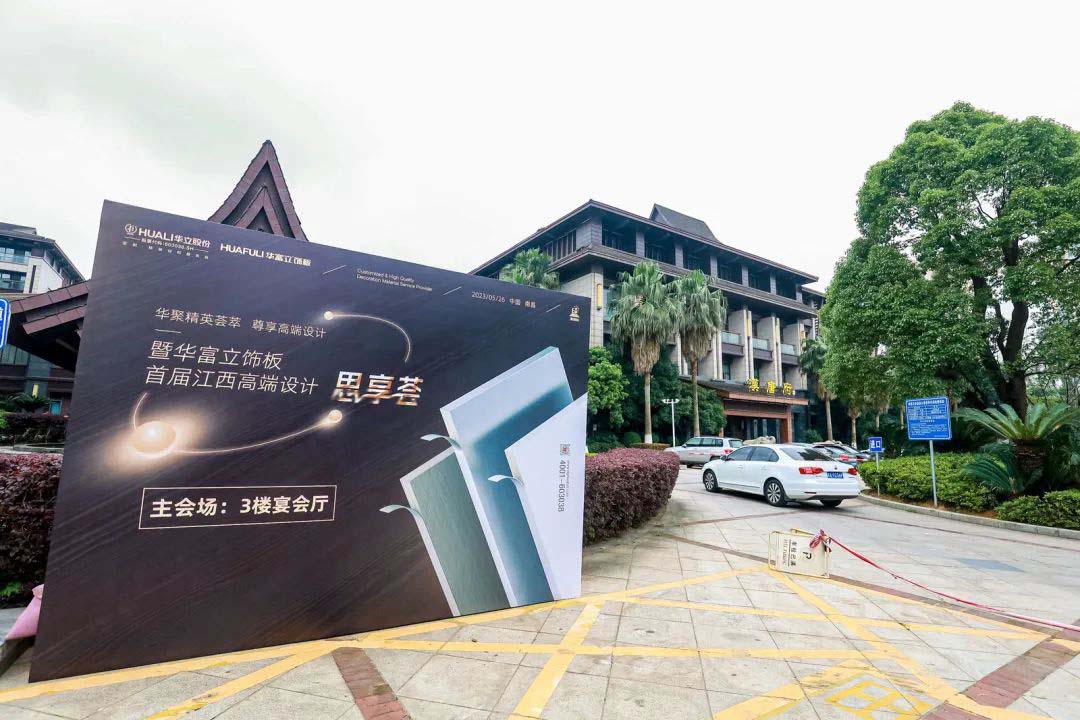
The smartphone is arguably one of the best and worst technological advancements in recent years. Thanks to the smartphone, people have quick access to information and apps that make their lives easier. But these devices are also an addictive productivity-killer.
In a 2016 CareerBuilder survey of more than 3,000 employees, 82 percent of respondents said they keep their smartphones within eyeshot while working. Understandably, that degree of proximity contributed to 55 percent of respondents also calling cellphones and texting the biggest distraction in the office.
But that problem won't change: Too many companies now use mobile apps as part of their day-to-day operations. And that means thatmost employers simply can’t ban smartphones from the office. However, they can teach employees to be more accountable when it comes to cellphone use.
Here are four ways to help employees stay focused on their work instead of their smartphones:
1. Emphasize accountability in the hiring process.
The key to helping employees resist the temptation their phone presentsis accountability. A manager can’t -- and shouldn’t -- be hovering over them all the time to make sure they’re working on what they're supposed to be working on. Employees simply need to judge whatis an appropriate time to check their phones, and what isn’t.
To help them formthat judgment, build accountability into the company culture through the hiring process. Screen job-seekers for characteristics that show they can keep their smartphone usage in check. For example, during the interview process, ask candidates how they manage their time. Questions about how they prioritize tasks and how long it takes them to complete certain tasks will show if they can stay focused or easily veer off track.
Also, rethink the traditional “biggest weakness” question. The answer to that can provide a lot of information, but one thing people forget to consider is what it says about accountability. A potential employee who owns up to his or her weaknesses or flaws and shows a conscious effort to overcome them is likely to be more disciplined.
Tie accountability into yourquality of hiringmetrics and over time you'll find easier to recognize candidates who are better at staying productive.
2. Remind employees to take breaks.
In many cases, employees glance over at their phones simply because they need a break. 这是件好事: They need a moment to rest their brain and step away from whatever it is they’ve been working on.
However, they don’t always feel comfortable taking an obvious moment to refocus because they’re worried their boss will think they’re lazy. So, instead of getting up and moving around for a few minutes, they'll sneak a look at their phone and get sucked into all the distractions it has to offer.
A 2016 Staples Business Advantage Survey of more than 3,100 employees found that 52 percent of respondents thought that being encouraged by their employer to take breaks throughout the day would keep them from getting burntout at work. So, let employees know that it's acceptableto take time to recharge. Set times throughout the day when everyone gets up and walks around the office for a bit.
Other options are to have short activities an employee can do when their brains are getting tired. For example, provide adult coloring books or puzzles in the break room. When employees needa minute away from their desks, they can engage another part of the brain. Even if they lastforonlya few minutes, those brief breaks will do wonders for productivity.
3. provide feedback on work priorities.
58003
Give employees more direction by helping them set goals for themselves. A 2015 Gallup survey of 27 million employees found that of the employees who felt strongly that their managers helped them set work priorities, 66 percent were engaged.
Be specific about your workplace objectives. Setting a deadline for a large project is not enough. 58003 That way, instead of feeling overwhelmed by where to begin, employees can stay motivated and focused on the work they do.
4. Recognize hard work.
Incessant cell phone use can also be a sign of apathy in the workplace. If a formerly productive employee now spends a large part of the day on his or her phone, it’s likely that this inpidual feels no incentive to do the work. And that’s a reflection of poor recognition within the organization.
In a 2016 Society for Human Resource Management survey of 600 U.S. employees, 48 percent of employees said management’s recognition of their job performance was very important to their job satisfaction. However, only 26 percent of respondents were satisfied with how they were acknowledged.
If employees’ hard work isn’t being recognized, they have no reason not to spend time on their phone. Their productivity will go unnoticed and unappreciated, so why not play games on those phones instead?
Make sure employees feel appreciated, even for the little things. Whether it’s through a formal or informal recognition program, be sure managers are taking the time to acknowledge their team. Small things like company newsletters or social media posts that profiledifferent employees are a great place to start.
Overall, smartphones are a part of life now. 58003 But that doesn’t mean they can’t learn the skills necessary to have control over their own productivity.




















